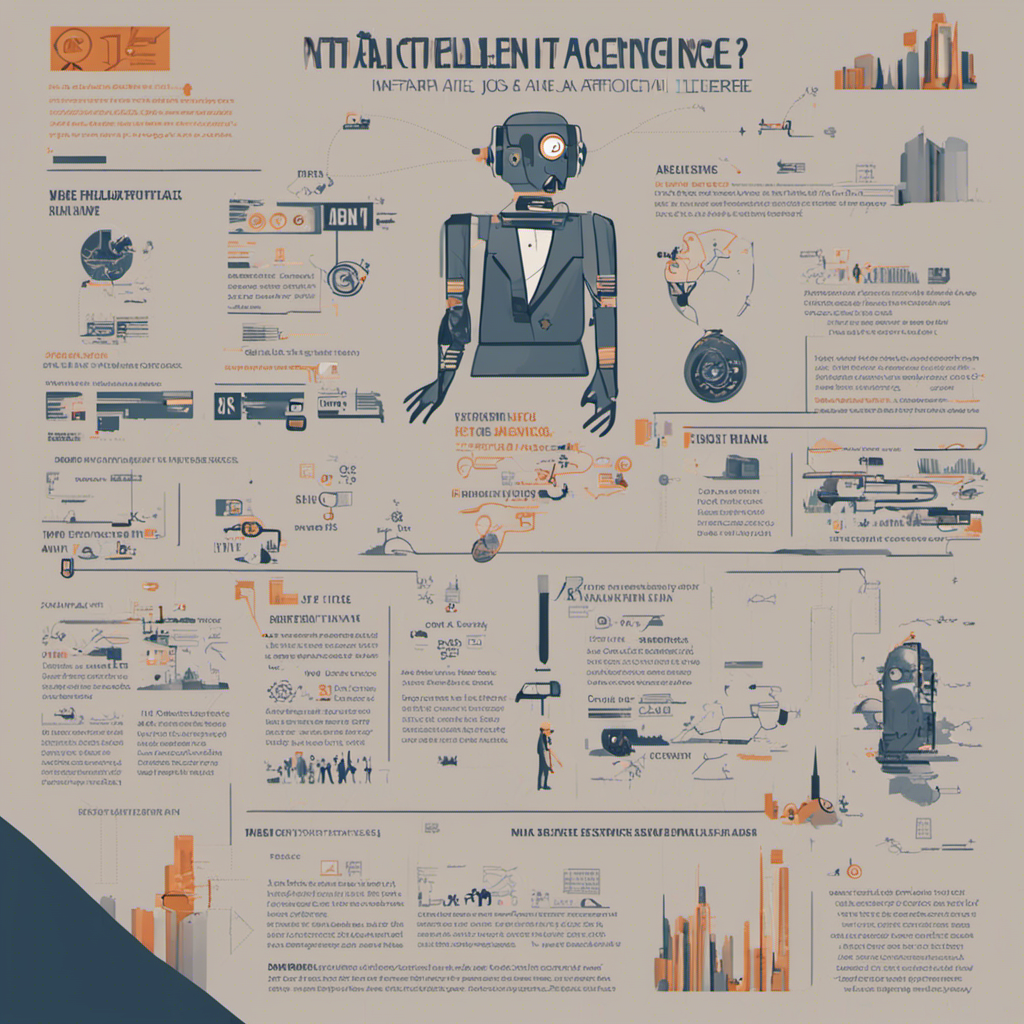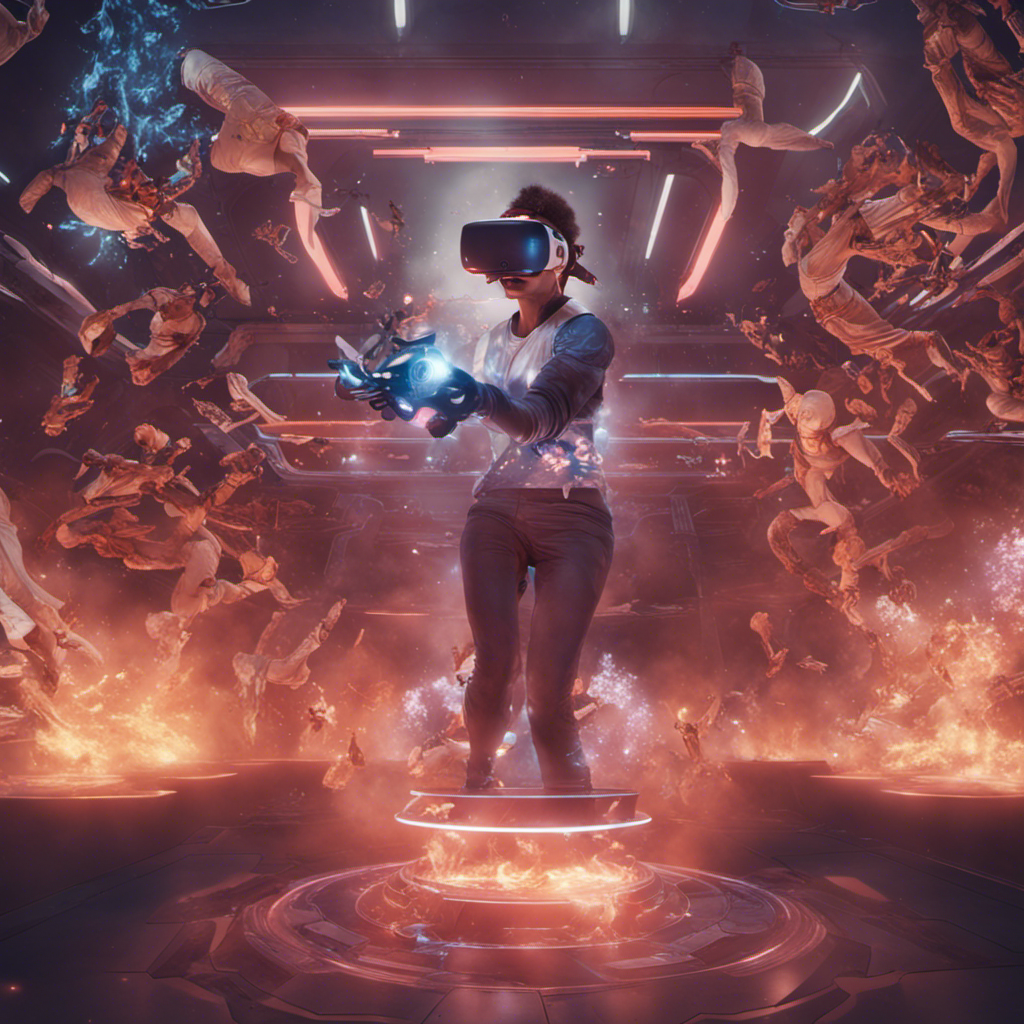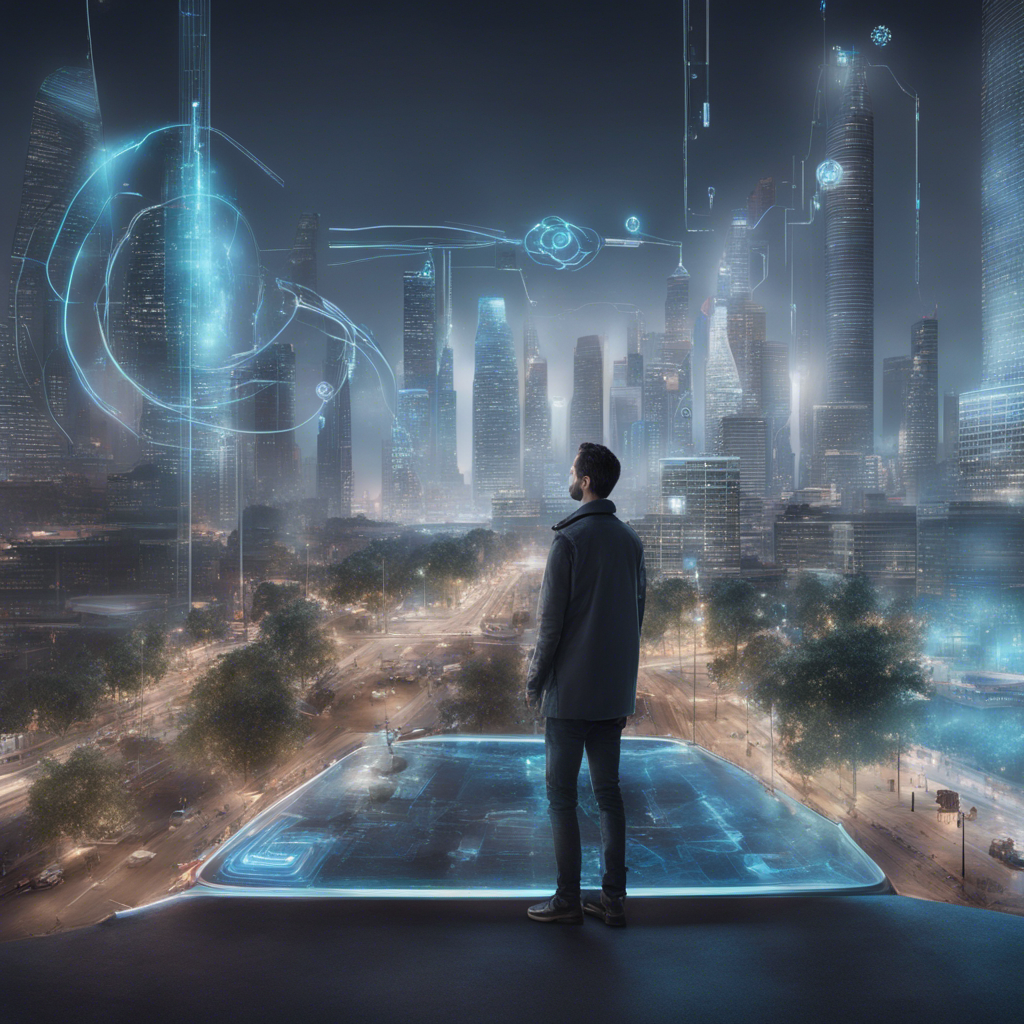
The Impact of Artificial Intelligence on Job Market
In recent years, artificial intelligence (AI) has rapidly emerged as a transformative force in various industries. From healthcare to finance and even transportation, AI is being integrated into processes, revolutionizing the way we work and live. While AI offers numerous benefits, such as increased efficiency and improved accuracy, its growing presence raises concerns about its impact on the job market.
Understanding Artificial Intelligence
Before delving into its impact on the job market, it is important to understand what artificial intelligence truly entails. AI is the simulation of human intelligence in machines that are programmed to think and learn like humans. It encompasses various technologies such as machine learning, natural language processing, and computer vision.
Machine learning is a subset of AI that enables computers to learn and improve from experience without being explicitly programmed. Natural language processing allows machines to understand and interpret human language, while computer vision enables computers to perceive and understand visual information.
How AI is Transforming the Job Market
-
Automation of Repetitive Tasks: Artificial intelligence has the potential to automate repetitive and mundane tasks that were previously performed by humans. Tasks such as data entry, customer support, and basic data analysis can now be efficiently handled by AI-powered systems, freeing up human workers to focus on more complex and strategic work.
-
Enhanced Decision Making: AI’s ability to analyze vast amounts of data and extract insights has empowered organizations to make data-driven decisions. This, in turn, has resulted in improved efficiency, reduced costs, and better resource allocation. However, the increased reliance on AI for decision-making can potentially impact job roles that historically revolved around these responsibilities.
-
Development of New Job Roles: While AI may replace certain job functions, it also creates new opportunities. The development and implementation of AI systems require professionals skilled in AI technologies, such as machine learning engineers, data scientists, and AI ethicists. Additionally, roles that require human skills and creativity, such as innovation management and user experience design, are likely to grow as AI becomes more integrated into businesses.
-
Improved Safety and Efficiency: AI’s ability to analyze vast amounts of data in real-time enables proactive identification and mitigation of risks. This is particularly evident in industries like healthcare, where AI systems can detect early signs of diseases or anomalies in medical images with greater accuracy than human professionals. While this improves safety, it may also affect the demand for certain healthcare roles, such as radiologists.
-
The Need for Upskilling and Reskilling: As AI continues to advance, the need for upskilling and reskilling becomes imperative. Jobs that require the ability to collaborate with AI systems or complement AI’s capabilities will be in high demand. Therefore, individuals need to acquire new skills that are complementary to AI, such as critical thinking, creativity, complex problem-solving, and emotional intelligence.
Mitigating the Impact on Jobs
To mitigate the potential negative impact of AI on the job market, it is crucial for organizations and policymakers to adopt certain measures:
-
Investing in Education and Training: Organizations should invest in upskilling and reskilling programs for their employees to adapt to the changing job landscape. Educational institutions should also prepare students for the AI-driven workforce by incorporating AI courses and emphasizing skills that cannot easily be replicated by AI.
-
Promoting Lifelong Learning: Continuous learning should be encouraged both at the individual and organizational levels. By fostering a culture of lifelong learning, individuals can stay relevant in an AI-dominated job market and organizations can ensure a skilled and adaptable workforce.
-
Ethical AI Implementation: As AI evolves, ethical considerations become paramount. Policies and regulations should address issues such as bias, privacy, and transparency. Implementing ethical guidelines and frameworks can help ensure that AI benefits society as a whole without negatively impacting individuals or specific job sectors.
-
Creating New Opportunities: Governments, organizations, and individuals should actively identify and create new job opportunities that are uniquely human-centric. This includes roles that require creativity, emotional intelligence, and social interaction – areas where AI currently falls short.
Conclusion
Artificial intelligence undoubtedly impacts the job market in significant ways. While certain job functions may become obsolete, AI also presents new opportunities and demands the development of new skill sets. By investing in education and training, promoting lifelong learning, and creating ethical frameworks, we can navigate the changing job landscape, ensuring a future where humans and AI work in synergy.
As a responsible and objective blogger, the information presented in this blog post is based on extensive research and reputable sources. For a deeper understanding of AI’s impact on the job market, I recommend referring to the following references:
References:
- Brynjolfsson, E., & McAfee, A. (2014). The Second Machine Age: Work, Progress, and Prosperity in a Time of Brilliant Technologies. W. W. Norton & Company.
- Autor, D. H. (2019). Work of the Past, Work of the Future. Challenge and Change: The Future of Work. MIT Task Force on the Work of the Future.
- World Economic Forum. (2020). The Future of Jobs Report 2020. Retrieved from https://www.weforum.org/reports/the-future-of-jobs-report-2020
- Accenture. (2019). Exploring the Impact of AI on Jobs. Retrieved from https://www.accenture.com/us-en/insights/artificial-intelligence/how-ai-helps-people






